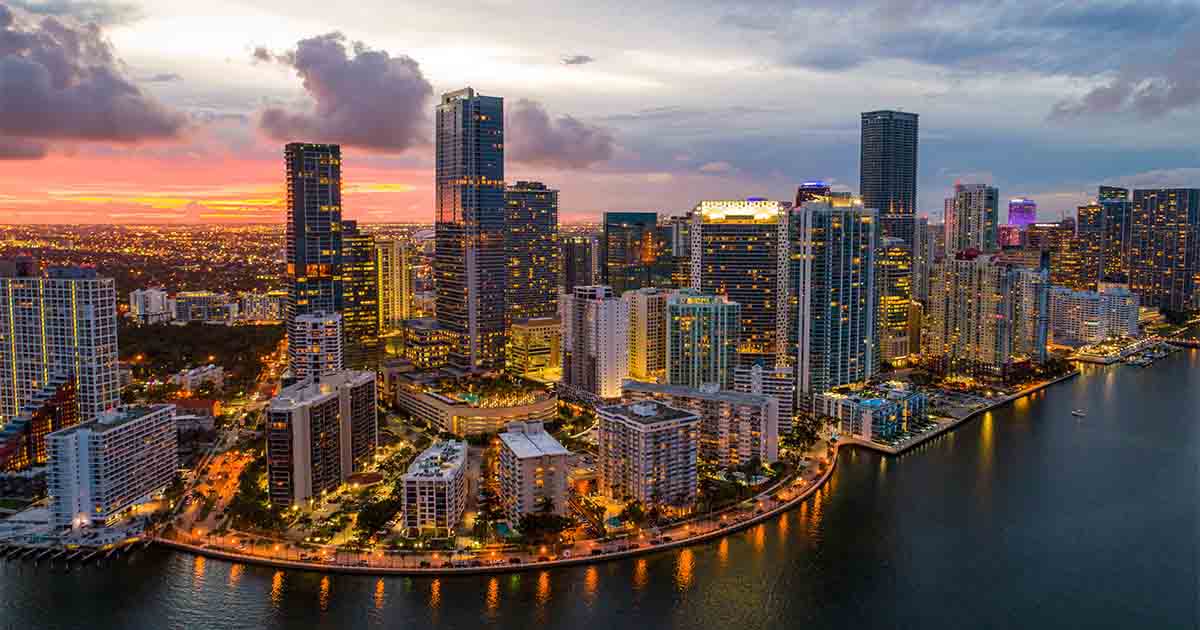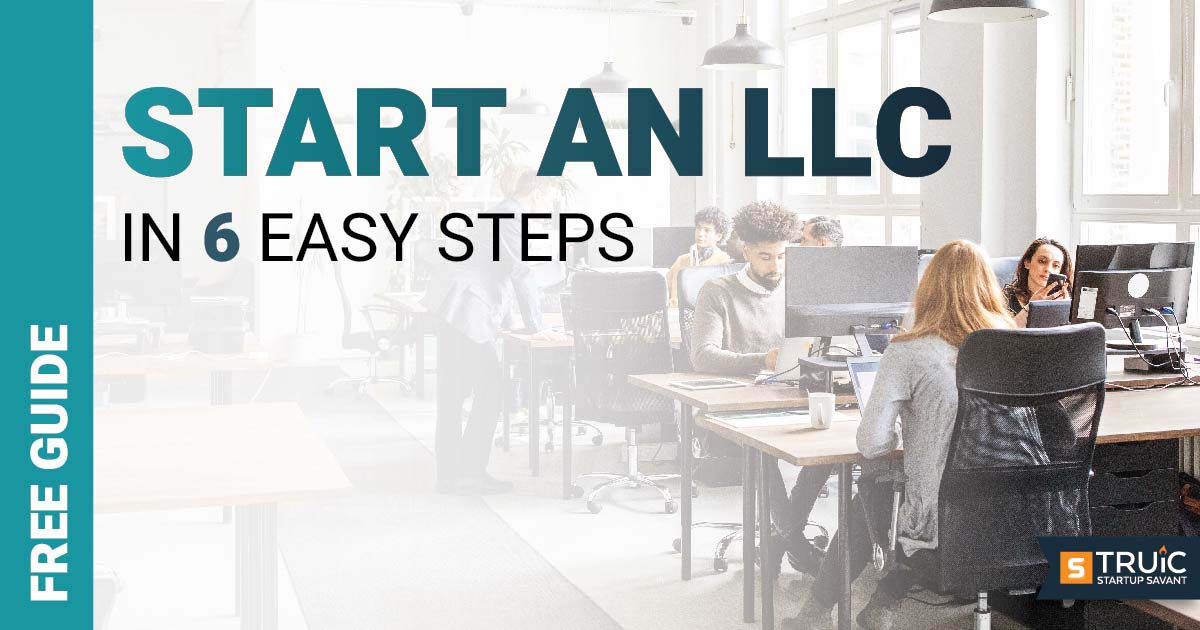There are many reasons why a city may be a mediocre location for startups. Some are oversaturated with startup activity, while others are simply too expensive. Some don’t provide enough educated labor, while others have problematic taxation laws.
Below we’ll discuss the 10 most overrated cities for startups based on the factors above and many more. While these cities might be a decent spot for some startups, they’ll pose major disadvantages for most. Let’s dig in!
1. Boston, Massachusetts
It’s probably no surprise that Boston is an expensive city to live in. Based on cost-of-living metrics, Boston is roughly equal to Seattle and Los Angeles.
Boston’s startup activity isn’t so hot either. By comparing the amount of “new employer” companies to the area’s total business population, you’ll see that while the overall job market is rather healthy, the majority of activity takes place in established businesses rather than startups.
The opportunity share for startups in Boston is under 80%, which means that one out of five new entrepreneurs start their businesses out of necessity rather than opportunity. Don’t get me wrong, this isn’t an awful rate, but it isn’t ideal either. It’s also worth noting that Massachusetts has some of the steepest business tax rates in the nation -- the average small-business owner in MA pays over $7,800/year in state and local taxes.
Boston is a great place to live and work, but as for starting a new business, you’re better off looking elsewhere.
2. Chicago, Illinois
On the plus side, as far as major American cities go, it’s hard to find one more affordable than Chicago. With a cost-of-living index just 10% above the national average, Chicago is one of the few major metropolitan areas that isn’t prohibitively expensive to live in.
It is not, however, a great place to start a business. Illinois has crazy-high state business taxes -- the average business owner pays $8,350 in state and local taxes per year, which is the third-highest rate in the nation.
There also just isn’t a lot of startup activity in Chicago, despite the fact that it’s the third-largest city in America. The rates of opportunity share, new entrepreneurs and startup density all come up short compared to the national average.
3. Milwaukee, Wisconsin
Milwaukee is another city that starts off with good news: the cost of living is incredibly cheap. In fact, the average cost of housing in Milwaukee is around half the national average (including rural areas). The city is also home to Wisconsin’s second-largest university (University of Wisconsin-Milwaukee) and largest private school (Marquette University), so there’s loads of educated labor available.
That said, startup activity is nearly nonexistent in Milwaukee. The growth rates for new businesses are very low, and nearly a third of all new businesses are started out of necessity. This means that there are even fewer actual “startups” than the core metrics suggest.
With several major companies based in the region (including Harley-Davidson, Quad Graphics, SC Johnson and Kohl’s) employing thousands of people each, Milwaukee may be a great place to live and work, but not to launch a startup.
4. Minneapolis, Minnesota
Minneapolis is another fairly affordable city, with a cost of living index less than 10% above the national average. There’s also a decently large educated workforce there thanks to the presence of the University of Minnesota (one of the nation’s 25 largest universities).
However, there isn’t much of a startup scene in Minneapolis -- the rate of new entrepreneurs in the region is super low, as is the startup density. Another issue is that Minnesota’s state tax laws are not particularly business-friendly. The average small-business owner in Minnesota pays over $7,500 per year in state and local taxes, which is the tenth-highest business tax burden in the nation.
Honestly, I’d recommend Minneapolis if you’re just looking for a new city to move to, but not if you’re hoping to launch a successful startup.
5. New York City
This may come as a surprise, and there are plenty of entrepreneurs who would disagree with me here. Regardless, I firmly believe New York City deserves a place on this list. Yes, the city has a thriving business culture, but it’s impossible to ignore just how expensive it is to start a business there.
Most people know that NYC is expensive, but I’m not sure everyone realizes the extent of it. The NYC cost-of-living metric is the second highest rate in the country. Commercial rent is especially astronomical, running at $153 per square foot annually.
New York state also has awfully high tax burdens for business owners. The average small business owner in NY pays over $8,600/year in state and local taxes alone, which is the second-highest rate in the nation.
6. Philadelphia, Pennsylvania
With living expenses right around the national average and several prestigious universities within city limits, Philadelphia seems like it’d be a great place to start a business. But unfortunately, that’s the end of the good news for Philly startups.
The city’s startup density and rate of new entrepreneurs have both been fading steadily over the last four years, and the opportunity share in Philadelphia is only 75%. Pennsylvania state business taxes are quite high as well, with business owners paying an average of $7,700 in state and local taxes each year -- the eighth-highest rate in the country. Overall, not a great combination of qualities for young businesses.
7. Providence, Rhode Island
Once again, let’s start with the positive: Providence has one of the cheapest cost-of-living indexes in New England. The city is also home to a number of respected higher-education institutions, including Brown University and Providence College.
On the downside, Providence is hit hard by brain drain. The vast majority of its college grads leave the area shortly after graduation, often headed for lucrative positions in New York City or Boston.
While it’s an affordable place to live and work, there simply isn’t much startup activity in Providence. The city’s startup density is rather low, and the rate of new business expansion is basically nonexistent.
8. San Francisco, California
The Bay Area used to be the nation’s top location for startup activity, but much like New York city, the region has simply grown far too expensive for new businesses to survive -- much more thrive. The overall cost of living in San Francisco is higher than any other city on this list.
A major disadvantage of doing business anywhere in California is the state’s high business tax rates. The average small-business owner in CA owes $8,000 per year in state and local taxes.
On the bright side, San Fran has impressive startup metrics: excellent projected job growth, decent new entrepreneur rate, high startup density, etc. The only major issue is that the cost of living is so unreasonable that these positive factors can’t win out.
9. San Jose, California
San Jose also used to be a hub for startup activity, but the city’s startup reputation has dissolved as the major companies that launched there years ago have matured. Largely due to the fact that San Jose-based companies like Adobe and eBay employ so many people, startups simply aren’t as popular today as they were when these companies were startups themselves.
San Jose’s cost-of-living index is also pretty crazy, ranking higher than New York or Los Angeles. And of course, the city’s entrepreneurs are also subject to California’s high business tax rates.
While San Jose does have a decent amount of startup activity and a high concentration of tech-savvy workers, it’s another city that’s just way too expensive to give new businesses a fair chance.
10. Seattle, Washington
Last but not least: Seattle, WA. Seattle is home to a high volume of startup activity, strong projected job growth, high opportunity share, and incredible startup density — which all essentially means that a lot of people are making a lot of money working at startups there.
However, the rate of new entrepreneurs in Seattle is quite low. Paired with the city’s high startup density, this likely means that most new businesses in Seattle are launched by serial entrepreneurs, rather than folks starting businesses for the first time.
Seattle’s cost of living is also quite high -- 200% higher than the national average, to be exact. While the city ranks about average in other expenses, both housing and commercial property are quite costly.
To be clear, not all of the cities discussed in this guide are flat-out awful places to start a new business, but all of them are perceived to be much more ideal than they are in reality. To learn about the best places to start a business today, I encourage you to take a look at our companion article, The 11 Best Cities for Startups!
That said, no matter where you choose to launch your startup, I wish you the best of luck. Cheers!



